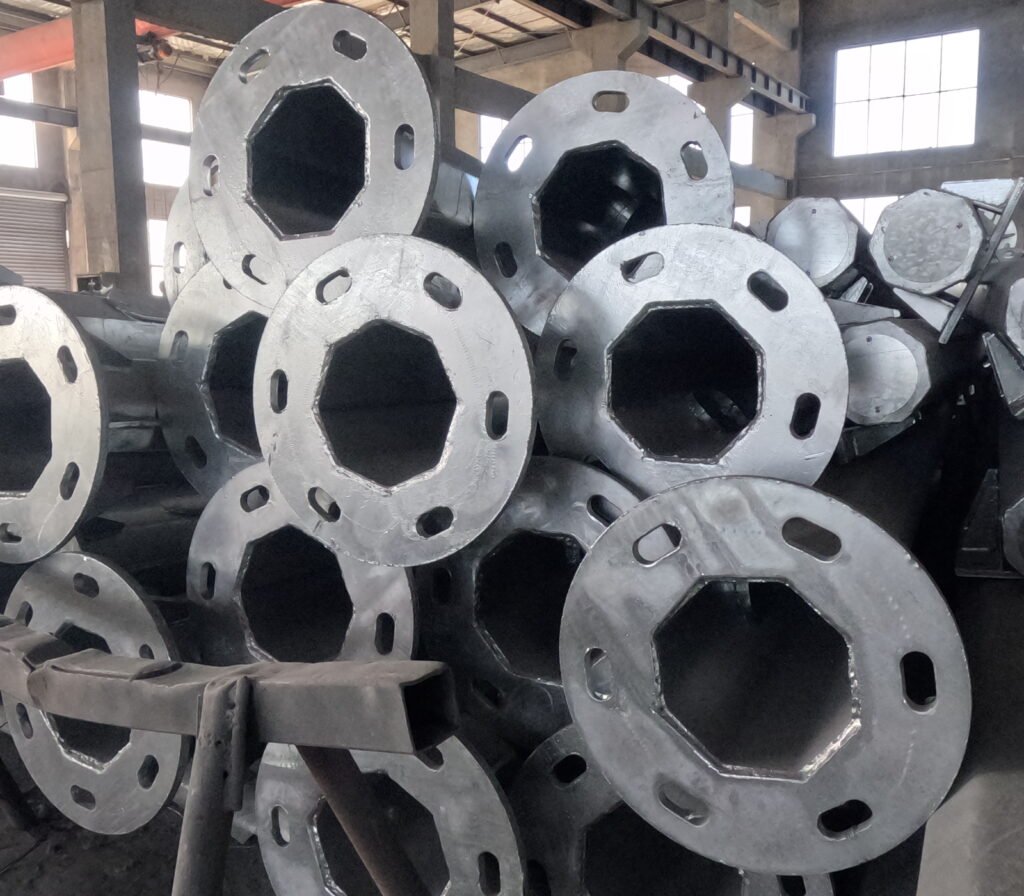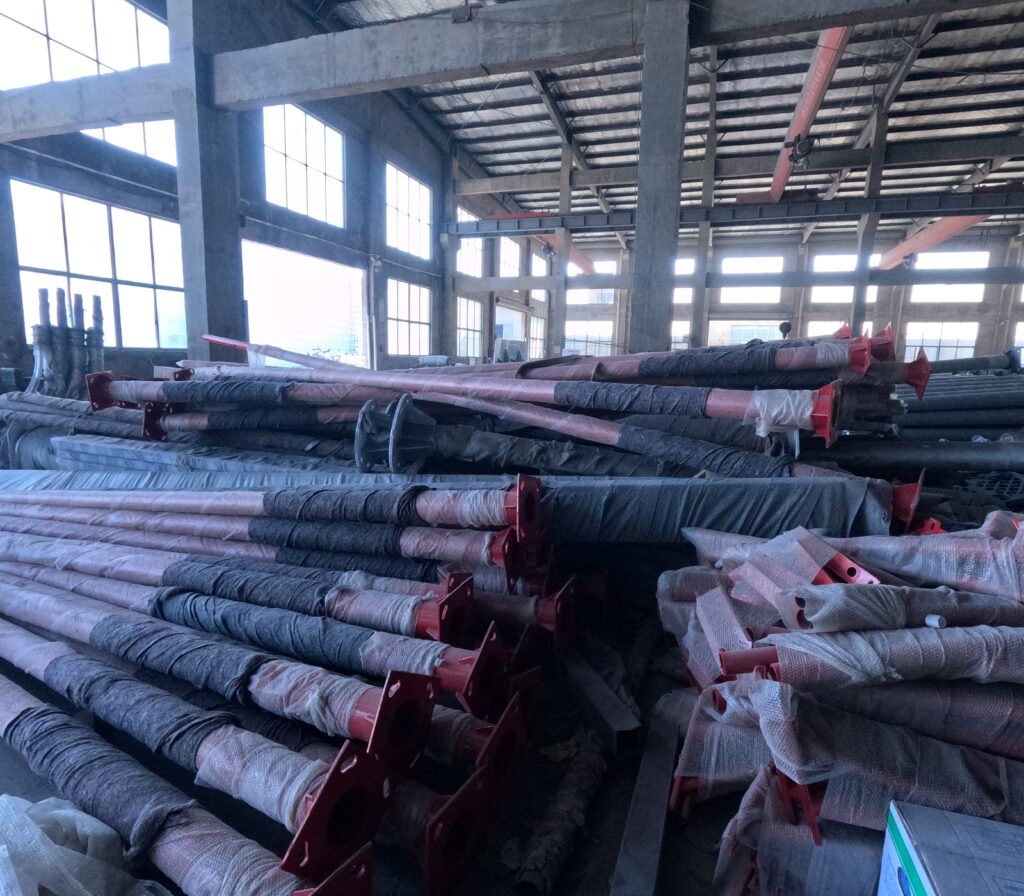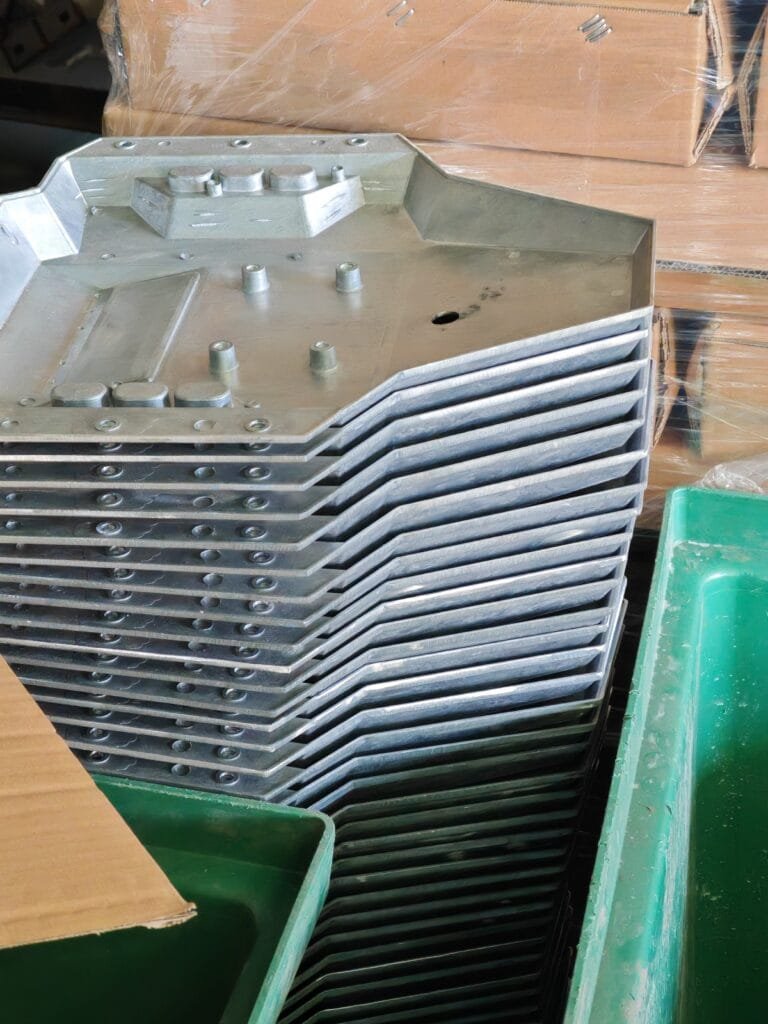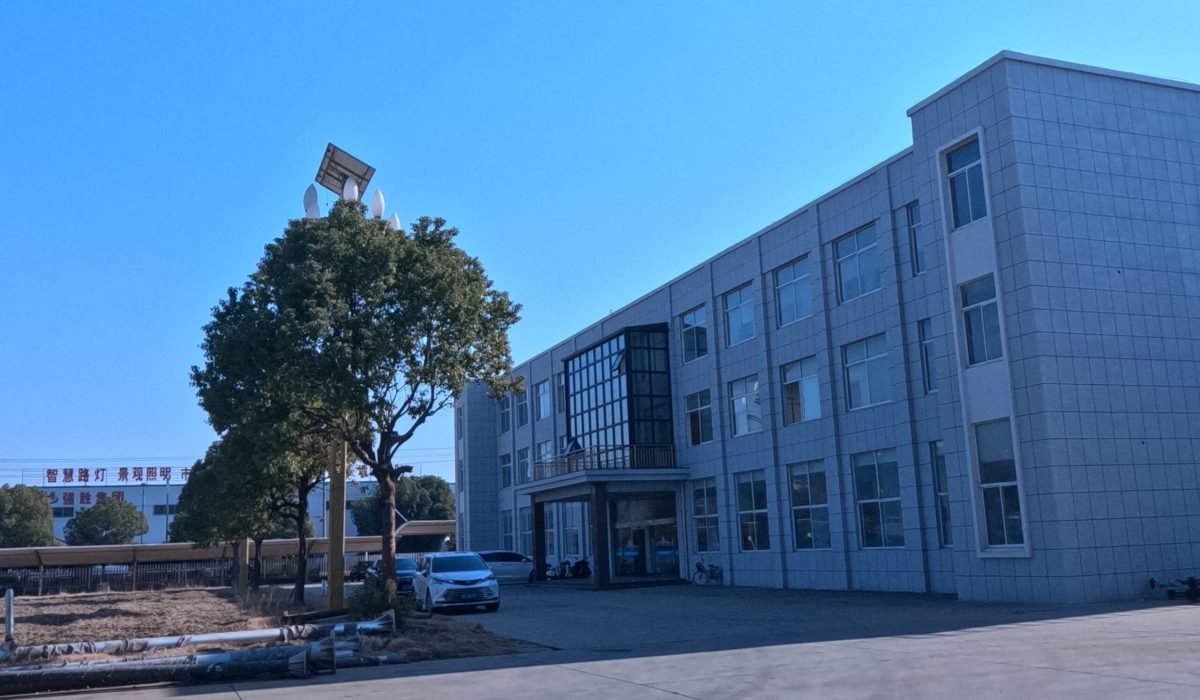A street light pole typically lasts 15 to 50+ years, depending on material, environmental conditions, maintenance, and installation quality. Steel poles last 20-30 years, aluminum poles 30-50 years, while concrete poles can exceed 50 years.
Understanding the factors affecting pole lifespan is crucial for municipalities, property managers, and urban planners. By selecting the right materials and maintaining poles properly, we can significantly extend their service life.
Factors Affecting the Lifespan of Street Light Poles
Material Matters: Choosing the Right Pole for Longevity

| Material | Lifespan | Advantages | Disadvantages |
|---|---|---|---|
| Steel | 20-30 years | Strong, cost-effective | Susceptible to rust and corrosion |
| Aluminum | 30-50 years | Lightweight, corrosion-resistant | Higher initial cost |
| Concrete | 50+ years | Extremely durable | Heavy, requires structural checks |
| Fiberglass | 15-25 years | Lightweight, weather-resistant | Lower strength |
- Steel poles: Durable but need anti-corrosion treatment, ideal for inland cities.
- Aluminum poles: Corrosion-resistant, best for coastal and high-humidity regions.
- Concrete poles: Highly durable but require periodic structural inspections.
- Fiberglass poles: Lightweight and weather-resistant but not as strong.
Environmental Factors: How Climate Impacts Lifespan
- Weather conditions: Rain, snow, and strong winds accelerate wear.
- Air pollution & salt corrosion: Coastal areas and industrial zones require corrosion-resistant materials.
- UV exposure: Prolonged sun exposure weakens materials, requiring UV-resistant coatings.
Maintenance & Upkeep: The Key to Extended Service Life

- Regular cleaning and corrosion protection prevent rust buildup.
- Structural inspections identify cracks, tilts, and weak points.
- Electrical system maintenance ensures wiring and lighting components function properly.
Installation Quality: Building a Stable Foundation
- Solid foundation prevents tilting and early structural failure.
- Proper fastening methods reduce risks of loosening over time.
- Following manufacturer guidelines ensures optimal performance and longevity.
When Should You Replace a Street Light Pole? (5 Key Warning Signs)
- Visible damage: Cracks, bends, or significant tilts.
- Severe corrosion: Rust that compromises structural integrity.
- Instability: Loose foundation or wobbling poles.
- Frequent electrical failures: Wiring issues affecting light function.
- Exceeding design lifespan: Poles older than their intended service life.
Innovations in Smart Street Light Poles
- IoT Sensors: Monitor environmental conditions in real time.
- Energy-efficient LED lighting: Reduces power consumption and extends bulb life.
- Advanced coatings: Improve corrosion resistance and withstand harsh weather.
Choosing the Right Pole: Balancing Cost and Longevity
| Factor | Considerations |
|---|---|
| Material vs. Environment | Choose corrosion-resistant materials for coastal/high-pollution areas. |
| Upfront Cost vs. Maintenance | Higher initial investment may save on long-term repair costs. |
| Innovative Design | Smart features and protective coatings enhance durability. |
Conclusion

Proper material selection, regular maintenance, and high-quality installation extend the lifespan of street light poles. Investing in durable, high-quality poles provides long-term cost savings and improved safety for urban areas.
By considering these factors, municipalities, property managers, and urban planners can ensure reliable and sustainable street lighting infrastructure.


